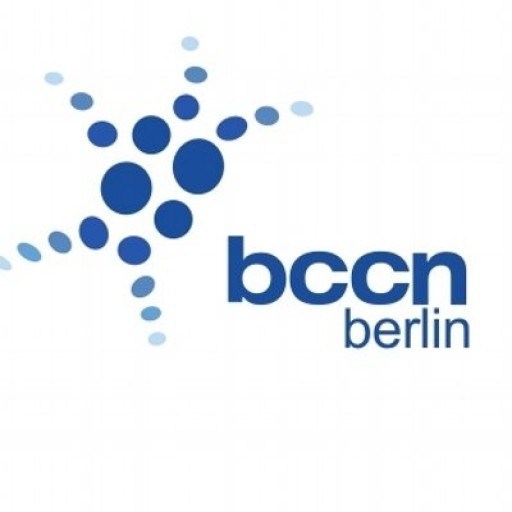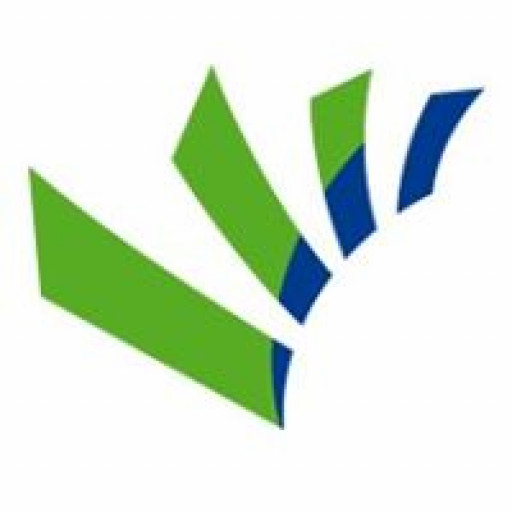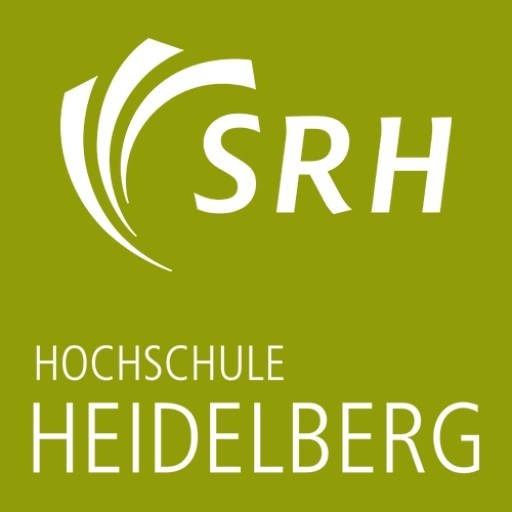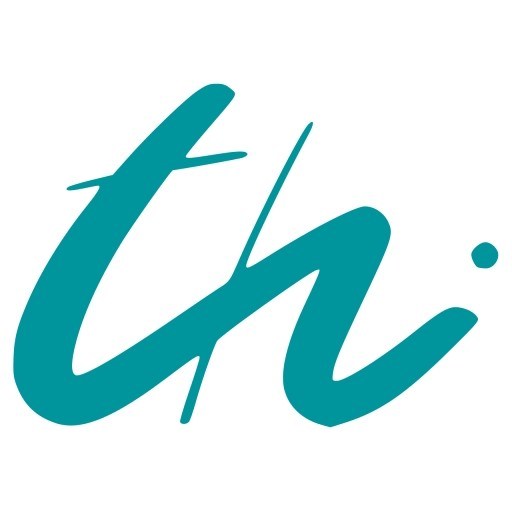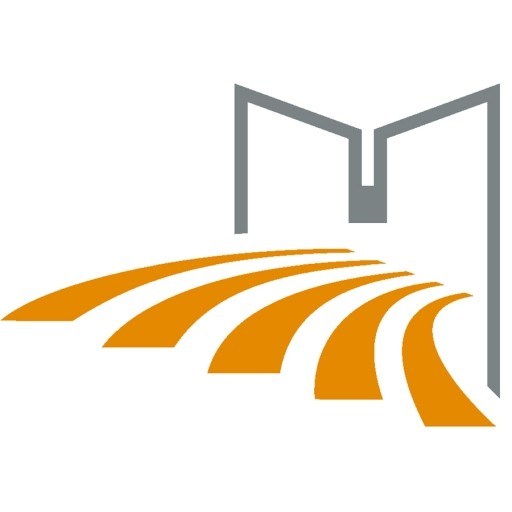Photos of university / #hochschuledarmstadt
The Bachelor of Science in Computer Science at Darmstadt University of Applied Sciences offers a comprehensive and practically-oriented education designed to prepare students for a wide range of careers in the technology sector. This program emphasizes both fundamental theoretical principles and their practical applications, ensuring that graduates possess the essential knowledge and skills required in the rapidly evolving field of computer science. Throughout the course of study, students gain a solid foundation in programming, algorithms, data structures, and software engineering, as well as an understanding of underlying hardware and networking concepts. The curriculum is structured to include modules on database systems, web development, mobile applications, and cybersecurity, providing students with a broad skill set adaptable to various industries and technological challenges.
A distinctive feature of this program is its emphasis on hands-on learning and real-world projects, which facilitate the development of problem-solving abilities and team collaboration skills. Students have the opportunity to work on internships and industry partnerships, enabling them to apply theoretical knowledge in practical settings and establish valuable professional networks. Furthermore, the university encourages interdisciplinary approaches and innovation, integrating topics such as artificial intelligence, machine learning, and data analytics into the learning path. The program progressively builds from foundational courses in the initial semesters to more advanced, specialized modules as students progress, culminating in a bachelor thesis that synthesizes their learning and demonstrates their technical competence.
The learning environment is supported by modern laboratories, state-of-the-art computing resources, and close ties with industry partners, ensuring students are well-equipped to meet current and future technological demands. Additionally, students are encouraged to participate in seminars, workshops, and extracurricular activities to enhance their skills and maintain industry relevance. Graduates of this program are well-positioned to pursue careers in software development, IT consultancy, system analysis, research, or to continue their studies at the master's level. The program's comprehensive, practice-oriented approach aims to develop competent, innovative, and socially responsible professionals who can contribute effectively to digital transformation and technological advancement in various sectors around the globe.
Educational organisation
The course consists of two semesters with lectures/labs (six modules, 7.5 CP per module) and German classes as well as two semesters in industry (industrial project and Master's thesis).Semester one: academic theory courses (lectures and labs)
Semester two: academic theory courses (lectures and labs)
Semester three: industrial internship
Semester four: Master's thesis
Study abroad unit(s)
Double degree programmes with:- Ecole d'Ingenieur en Genie des Systemes Industriels (EIGSI), La Rochelle, France
- VIT University, Vellore, India
- Institut Teknologi Sepuluh Nopember, Surabaya, Indonesia
- Institut Teknologi Bandung, Bandung, Indonesia
Internships
With a strong emphasis on practical laboratory work, we ensure that you gain solid experience to start a successful career in a highly qualified job in the high-tech engineering industry in Germany or abroad. Many renowned companies cooperate closely with the H-DA.Therefore, an important step during the programme is the mandatory internship of six months during the third semester. The student will work at a leading German or international company during their internship. The internship acts as a door opener for the Master's thesis, which is also performed in R&D intensive industry.
Course objectives
With a strong emphasis on applied sciences, we ensure that our students gain the solid technical knowledge and intercultural skills to start a successful career in the high-tech engineering industry.Language requirements
Very good knowledge of English- TOEFL internet-based score 88 or better
- IELTS minimum band score 6.5 or better
Academic requirements
BEng/BSc in Electrical EngineeringEnrolment fees
Around 280 EUR per semesterCosts of living
Around 850 EUR per monthJob opportunities
Jobs (as a "Werkstudent") are available in various companies in the Rhine-Main region, although availability depends on prior experience and accomplishments. The university has a Career Center to support you in finding a job. The internship and Master's thesis (semesters three and four) are conducted in industry and are paid.Arrival support
Senior students will support you in preparing your trip to Darmstadt University of Applied Sciences (H-DA). They will also pick you up at the airport and accompany you to the university and your apartment. All required formalities like health insurance, enrolment, etc., will be organised by the faculty upon your arrival. A detailed brochure guiding your start in your new home country, Darmstadt, and the university will be provided to every new student.Services and support for international students
Having more than 10 years of experience in international programmes, our aim is to facilitate the integration of our students by offering the following additional services:- intercultural workshops about Germany's culture
- trips to Mainz, Heidelberg, and Bonn to learn about Germany's history
- intensive German classes reaching at least A2 level
- technical bridging classes to prepare yourself for the challenging lectures ahead
- support from our Career Center
Accommodation
In Germany, dormitories are off campus. As we know that it is very challenging to organise a room from a foreign country, we have reserved a sufficient number of rooms in private student dormitories and help our international students by establishing the contact between them and the housing agencies.There are different student residences available, most of them in Darmstadt-Eberstadt.
The rental period is at least 12 months. All rooms are furnished with a bed, wardrobe, desk, and chair. Kitchen and bathrooms are shared with other students on the same floor. All student residences have internet access.
